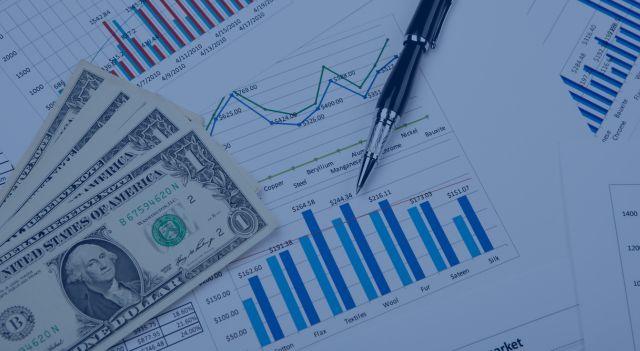VinFast (NASDAQ:VFS) reported second-quarter earnings that missed analyst forecasts, even as revenue exceeded expectations, fueled by strong electric vehicle (EV) sales.
The automaker posted a Q2 loss per share of $0.35, wider than the $0.26 loss per share anticipated by analysts. Revenues rose 91.6% year-on-year to VND16,609.3 billion ($663 million), surpassing the consensus estimate of $639.5 million, driven primarily by EV sales. Compared with the previous quarter, revenues increased 1.9%.
The company recorded a net loss of VND20,341.6 billion ($812 million), widening both from the prior year and sequentially, 15% higher than in Q1. Vehicle sales contributed nearly VND15,000 billion ($598 million), up 95% year-on-year but slightly down compared with the first quarter.
Gross margin improved to negative 41.1% from negative 62.7% a year earlier, though it fell short of the previous quarter’s negative 35.2%. EV deliveries totaled 35,837 for the quarter, more than doubling from last year, while first-half deliveries reached 72,167, up 223% year-on-year.
VinFast’s e-scooter and e-bike segment showed even stronger growth, with second-quarter deliveries climbing 55% from Q1 and 432% from a year earlier to 69,580 units. First-half deliveries totaled 114,484, marking a 447% year-on-year increase.
Looking ahead, VinFast reiterated its target to at least double global EV deliveries in 2025. The company also expects continued growth in e-scooter sales, supported by government incentives for two-wheeler electrification in Vietnam.
VinFast chairwoman Thuy Le said the company “delivered another strong quarter with robust year-on-year growth, underscoring the continued momentum behind our growth and the global shift to electric mobility.” She added that while macroeconomic conditions and regulatory changes are posing new challenges, VinFast is “committed to delivering high-quality, accessible EVs that meet the needs of customers around the world.”
This content is for informational purposes only and does not constitute financial, investment, or other professional advice. It should not be considered a recommendation to buy or sell any securities or financial instruments. All investments involve risk, including the potential loss of principal. Past performance is not indicative of future results. You should conduct your own research and consult with a qualified financial advisor before making any investment decisions.
